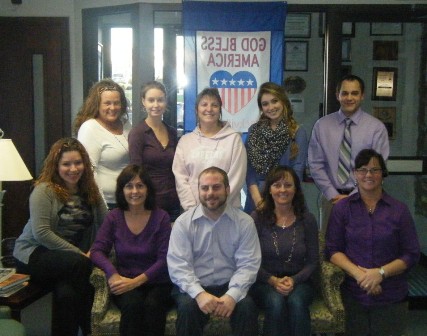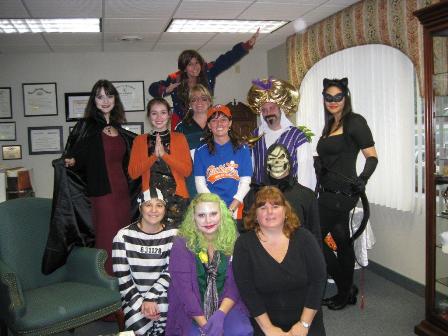It’s become a necessary but unwanted trend across the state: counties that still own nursing homes are deciding to cut back on service or find new sources of money to make up for declining medical assistance payments. It’s cutting into their revenue while costs such as pay and benefits for employees continue to rise.
An article on the Pittsburgh Tribune-Review online points out that at one time, 50 counties in Pennsylvania had county-operated nursing homes. But according to the Pennsylvania Association of County Affiliated Homes, only 29 counties now run a total of 33 nursing homes.
Michael Witt, executive director of the Pennsylvania Association of County Affilitated Homes says, “It’s not just county nursing homes; most nursing homes are struggling. It’s simply because the state has failed to keep up the reimbursements with the expenses.”
 Pennsylvania Nursing Home Abuse Lawyer Blog
Pennsylvania Nursing Home Abuse Lawyer Blog














 It doesn’t often receive the attention that breast cancer or prostate cancer receives, but what many people don’t know is that pancreatic cancer is the 4th leading cause of cancer related deaths. But health professionals and researchers are trying to change that by increasing the public’s awareness of this disease.
It doesn’t often receive the attention that breast cancer or prostate cancer receives, but what many people don’t know is that pancreatic cancer is the 4th leading cause of cancer related deaths. But health professionals and researchers are trying to change that by increasing the public’s awareness of this disease.

